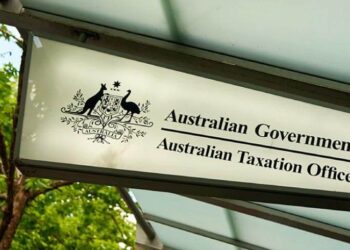AFCA lead ombudsman, Heather Gray, has said it is contributing to discussions around expanding the definition of who can be included as a child in the legislation in an attempt to alleviate confusion, especially with the rise of blended families.
Gray said clarity on the inclusive definition of children in relation to non-standard parent-child relationships is needed as it is “troubling that the law really isn’t accommodating some of these circumstances”.
“The SIS Act does have a definition of child and in the superannuation jurisdiction we must comply with the law,” she said.
For the purpose of the Superannuation Industry (Supervision) Act and tax law purposes, a child of a person includes an adopted child, a step-child or an ex-nuptial child of the person.
It also includes a child of the person’s spouse, and someone who is a child of the person within the meaning of the Family Law Act 1975.
A child of the person’s spouse, which includes a de facto spouse, or a child of the person under family law automatically qualifies as a child and therefore a dependant of the person without needing to prove interdependency or “ordinary meaning” dependency.
Gray said in cases where the definition does not apply to complaints that it deals with, AFCA cannot make a determination that would be contrary to the law.
“We are applying that definition as it’s written, and where there’s uncertainty about that, we’ve formed a view about how that definition would apply.”
“We’re very conscious that there are circumstances where somebody might be a child under traditional kinship structures, and from a cultural perspective, within a particular group, we might have somebody who is accepted as being a child, but they’re not a child for the purposes of superannuation law.”
In those situations, Gray said AFCA would investigate whether that person might be a dependant for some other reason.
“Maybe they are, or were in an interdependency relationship with the deceased, or maybe there was actually financial dependency. We would be looking at those types of questions at the end of the day,” she said.
“From time to time, there are situations where somebody is seeking a death benefit on the basis that they are a child, and superannuation law simply does not contemplate that. In those cases, we may simply have to follow the law and to agree with the trustee that might have decided that that particular claimant was not a child.”
Gray said these are difficult situations to navigate and are the reason why there are moves to see if there might be room for some reform in the area that would allow that definition of child to be interpreted more broadly, or expanded in the legislation to include people who are children from a cultural or kinship perspective.



Using the theory of children from a cultural perspective would open the gate to all sorts of claims. Will we see claims by the next-door neighbor’s children because they spent half their life playing with our children, dined with us and came to the beach and on holidays. Then you have some religions or communities where they live in a collaborative commune. Will the nature of the collaboration see children of the commune defined as a child in a cultural perspective.
At least it will keep the Lawyers happy. Estate Planning and Asset Protection a growing sector.